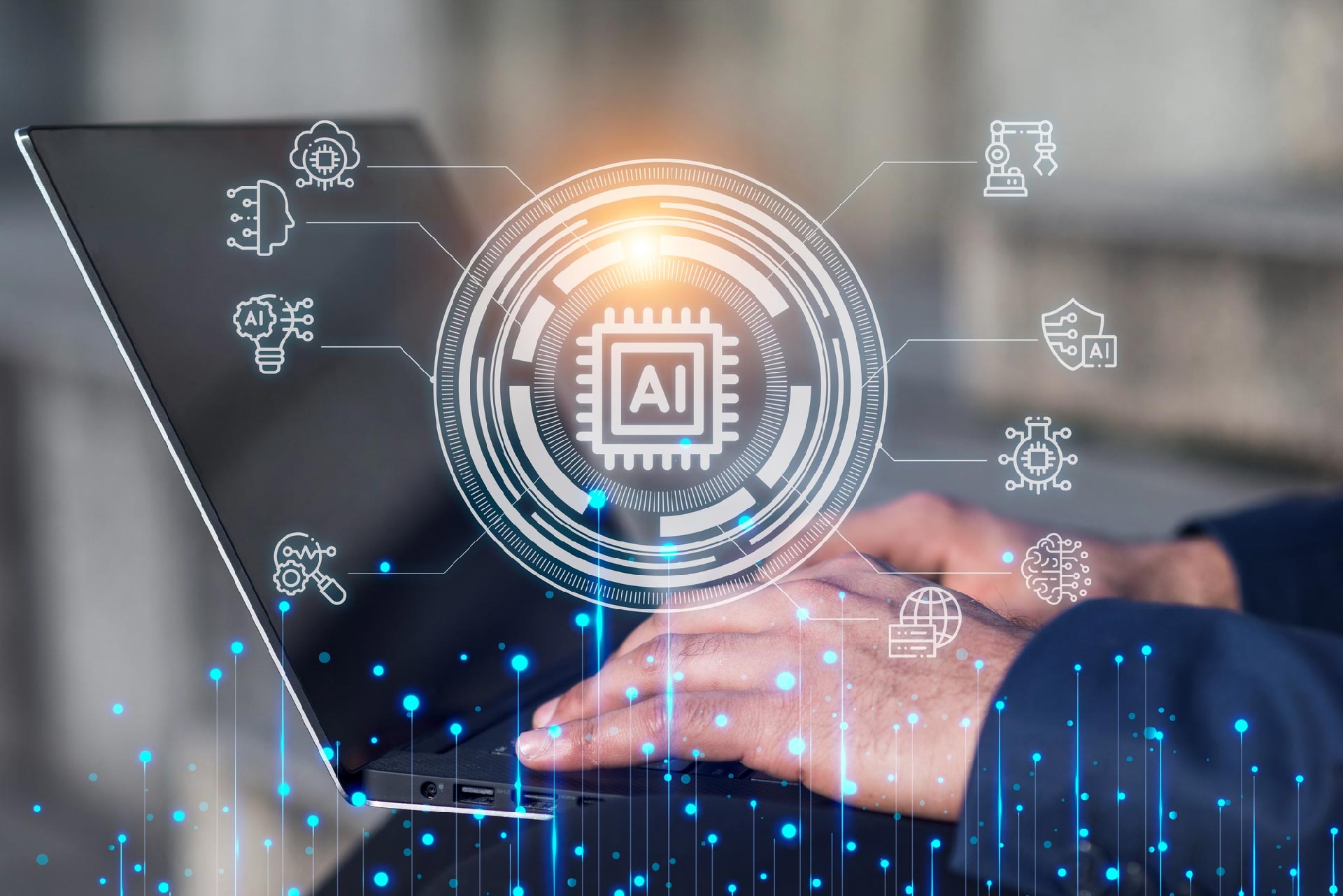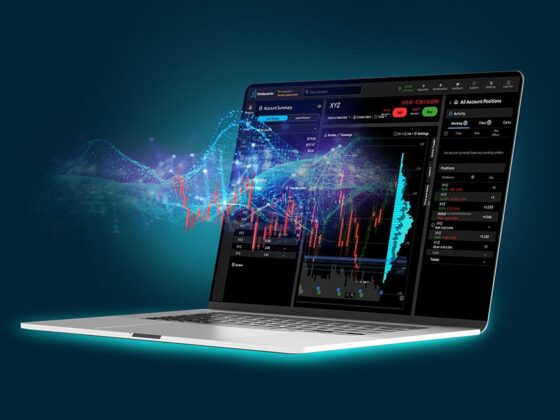In the fast-paced landscape of modern enterprises, the emergence of autonomous AI agents has sparked a seismic shift in the way businesses operate. These intelligent systems, capable of making decisions and performing tasks with minimal human intervention, are no longer confined to the realm of science fiction.
Picture a world where machines not only execute commands but also learn and adapt in real-time, streamlining operations and enhancing productivity across various sectors. From finance to supply chain management, organizations are harnessing these advanced agents to navigate complexities and drive innovation.
But what does this mean for the future of work? As we delve deeper into the implications and advantages of integrating these autonomous entities, it becomes evident that the rise of AI agents is more than a technological advancement; it represents a paradigm shift, redefining the very fabric of business dynamics.
Defining Autonomous AI Agents and Their Functions

Autonomous AI agents represent a frontier of innovation, designed to perform tasks with minimal human intervention while adapting to dynamic environments. By utilizing machine learning algorithms, these agents can analyze vast datasets, drawing insights that enable them to make informed decisions in real time.
Their functions are diverse, ranging from automating mundane operational processes to navigating complex logistical challenges, enhancing decision-making in everything from supply chain management to customer service. Imagine a system that not only learns from historical data but anticipates future trends, adjusting its strategies on the fly.
Such capabilities redefine productivity, as these agents become proactive participants in an enterprises ecosystem, capable of working autonomously or in concert with human teams to achieve organizational goals. With their ability to continuously improve through experience, autonomous AI agents are transforming the landscape of modern business operations, unlocking unprecedented efficiencies and paving the way for innovation.
Supply Chain Management and Logistics Optimization

As businesses strive for greater efficiency in an increasingly complex global marketplace, the integration of autonomous AI agents into supply chain management and logistics optimization has become a game-changer. These advanced systems, capable of analyzing vast datasets in real time, enhance decision-making processes by predicting demand fluctuations and identifying potential bottlenecks before they escalate.
Imagine a supply chain that effortlessly adapts to unexpected changes—natural disasters, sudden spikes in consumer demand, or even shifts in suppliers—thanks to the predictive powers of AI. Such agents facilitate dynamic routing and inventory management, minimizing waste while ensuring that products reach consumers swiftly.
Furthermore, with their ability to simulate various operational scenarios, these AI agents not only streamline logistics but also empower enterprises to strategize proactively, driving innovation in ways previously thought impossible. The future of supply chain management is here, and its autonomous, agile, and undeniably intelligent.
Security Risks and Data Privacy Concerns

As autonomous AI agents become increasingly integral to modern enterprises, the specter of security risks and data privacy concerns looms large. These agents, designed to operate independently and make decisions in real-time, often interact with sensitive information, raising complex questions about data governance.
Cybercriminals, ever more sophisticated, may exploit vulnerabilities in these systems, initiating unauthorized access or data breaches with alarming ease. Meanwhile, the relentless collection and processing of personal data can inadvertently lead to the erosion of individual privacy, creating a volatile atmosphere where trust is fragile.
Organizations must navigate this treacherous landscape, ensuring robust encryption methods and strict compliance with regulations while considering the ethical implications of AI autonomy. In a world where a single misstep could spell disaster, the balance between innovation and security becomes not just a necessity but a pressing imperative.
Conclusion
In conclusion, the rise of autonomous AI agents in modern enterprises marks a significant shift in how businesses operate across various industries. These intelligent systems are not just augmenting human capabilities but are increasingly taking on complex tasks that enhance efficiency, reduce operational costs, and unlock new opportunities for innovation.
As organizations continue to embrace this technology, they must navigate the challenges of integration and ethical considerations while harnessing the full potential of autonomous AI agents to drive future growth. The ongoing evolution and adaptation of these technologies promise a transformative impact on the workforce and the overall business landscape, heralding a new era of productivity and innovation.


